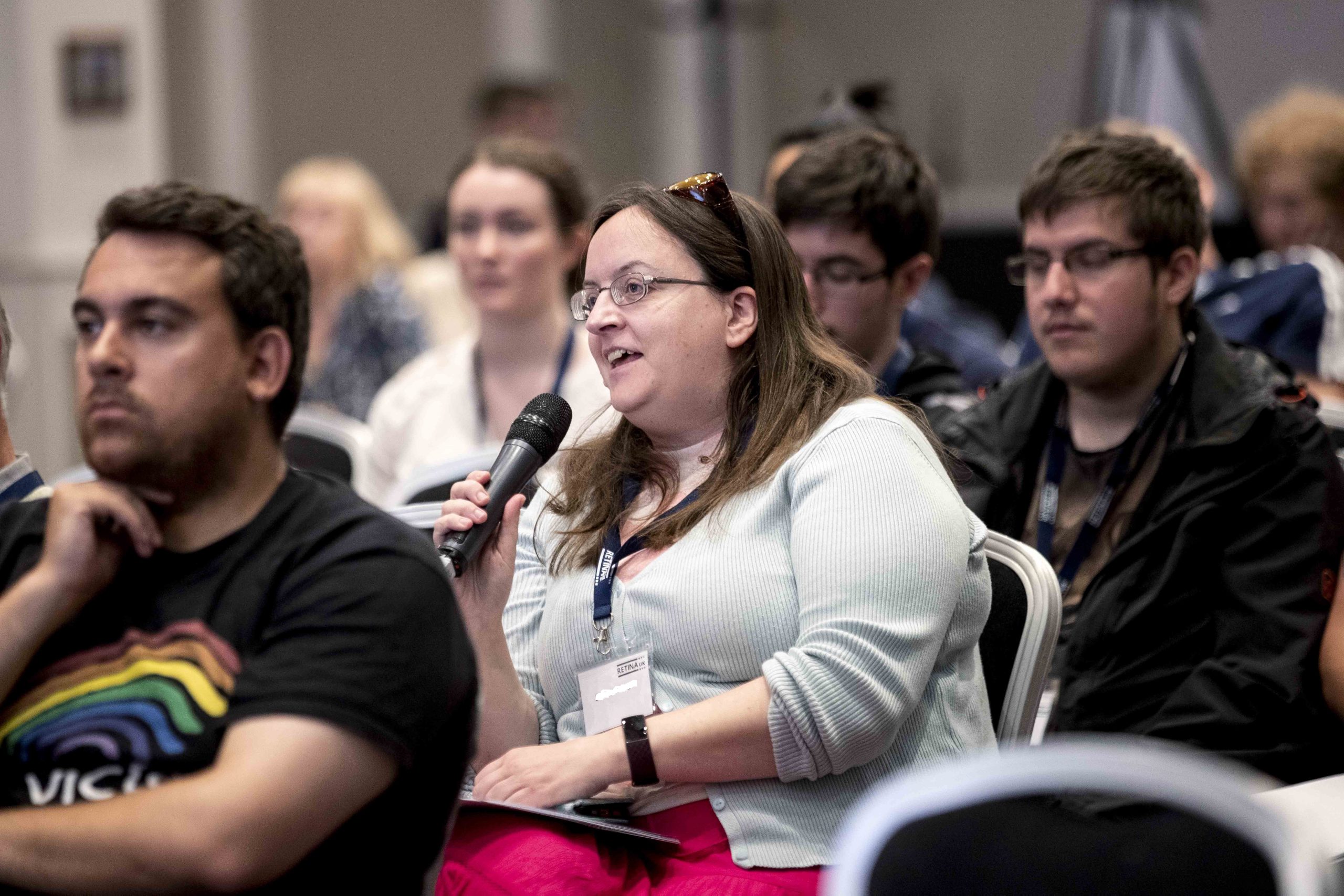Whether it be a simple blood test to provide a DNA sample through to the significant commitment of taking part in a clinical trial, these contributions all help researchers make progress towards treatments.
Clinical trials
Treatment development is a very lengthy process, which starts in the laboratory with basic science work to establish how disease processes might be influenced to slow or stop their progression. Promising approaches may then proceed to tests in cell or animal models; if they demonstrate clear potential and safety, researchers can then move on to clinical trials in human volunteers.
The clinical trial process alone takes several years as it has up to four stages, known as ‘phases’, with each phase involving progressively larger numbers of patients. The early phases establish safety and appropriate dosages, whereas the later stages are a more rigorous test of efficacy, although the potential for dangerous side effects to appear is a constant consideration.
Results from successful clinical trials are essential for a new treatment to be made generally available. The trials must demonstrate that the treatment does not have unacceptable side effects, and that it is clearly of benefit to those living with the disease.
All clinical trials have strict guidelines about who can take part. Criteria for inclusion or exclusion from the trial usually include factors such as age, stage of disease, and possibly gene mutation. These criteria are essential to ensure that the trial produces reliable results and to help maintain participant safety. Retina UK cannot influence who can take part in clinical trials, even if we are supporting the researchers involved.
I chose to participate in medical research because I know that the project I’m involved in has the potential to directly impact me and others like me.Sumaira Latif, research participant
Webinar: Dr Salwah Rehman, Clinical trials process
The clinical trials process
Join our Lived Experience Panel
Get involved in representing the inherited sight loss community through activities like focus groups, surveys and research projects.

